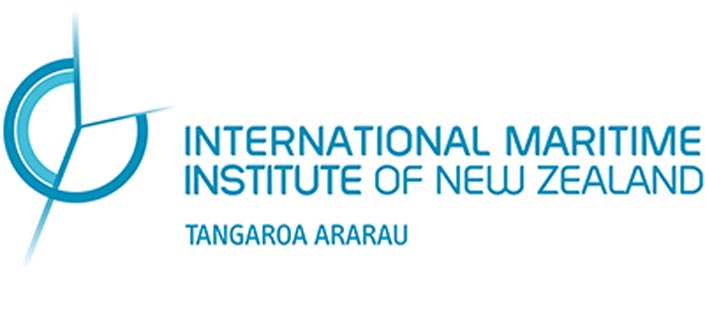International Maritime Institute of New Zealand

Since 1976 when we opened as the New Zealand School of Fisheries, and later as the Nelson Maritime School, we’ve been training outstanding seafarers – that hasn’t changed.
Today, we attract students from around the world who go onto exciting global maritime careers. That’s why in 2014 we changed our name to the International Maritime Institute of New Zealand (IMINZ). Our tutors are expert mariners with many years of industry experience and we offer an extensive range of maritime licenses and short courses, training to STCW standards.
Nelson is the largest fishing port in Australasia and a centre for the maritime industry. Nelson-based fishing companies control the largest share of New Zealand’s fishing quota and the region has the country’s largest fishing fleet as well as significant tourist and merchant shipping operations. The seafood industry is the country’s fifth largest exporter – hugely important to New Zealand’s economy and people.
Industries We Support
Maritime Transport
The vast majority of New Zealand’s imports and exports are still transported by sea. New Zealand’s sea ports are responsible for moving more than 46 million tonnes of exports (99 percent by weight of all exports) and imports, with a combined value of more than $66 billion each year.
NMIT provides the STCW maritime statutory qualifications and short ancillary courses required for people to start out in the industry and progress through the ranks. We offer maritime programmes aligned with global labour demands and produce outstanding seafarers who work all around the world.
Fishing
The New Zealand seafood industry operates within the world’s fourth largest coastal fishing zone in an Exclusive Economic Zone (EEZ) that produces about one percent of the world’s fish catch. The EEZ covers 4.4 million square kilometres of ocean. Seafood is New Zealand’s fifth largest export, earning NZ$1.54 billion per year and supporting more than 26,000 jobs domestically. New Zealand is a world leader in fisheries management and supports an industry based on sustainable harvest and environmental principles.
NMIT has been supporting the fishing industry with training since 1976 with maritime statutory qualifications and short courses. There are also seafood processing qualifications for those working in either land-based seafood factories, or on the deep sea fishing factory vessels.
Maritime Tourism
New Zealand has a diversity of marine environments and expanding marine reserves. The aquatic and marine tourism sector is one of the fastest growing segments of active tourism. It encompasses boat charters, recreational fishing, snorkelling and diving support as well as ventures such as whale and dolphin watching.
Tourist vessel operators, charter boat skippers, water taxi and ferry operators are all required within this sector and NMIT provides entry-level training for the industry as well as ongoing training for those already working in it.
Training capability
We invest in modern training equipment to ensure you get a hands-on, real-world experience including bridge navigation simulators, ECDIS simulators, full mission marine engineering simulation, cargo ship’s lifeboat and launching davits, New Zealand’s only three storey maritime fire-fighting training facility and a fast rescue boat. We’re constantly upgrading our equipment and facilities to maintain our position as a world class maritime institute.
Furthermore, if you want to know more about the International Maritime Institute of New Zealand click the link IMINZ

